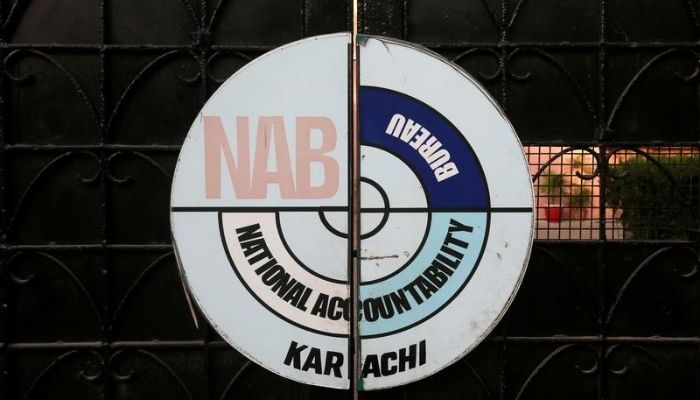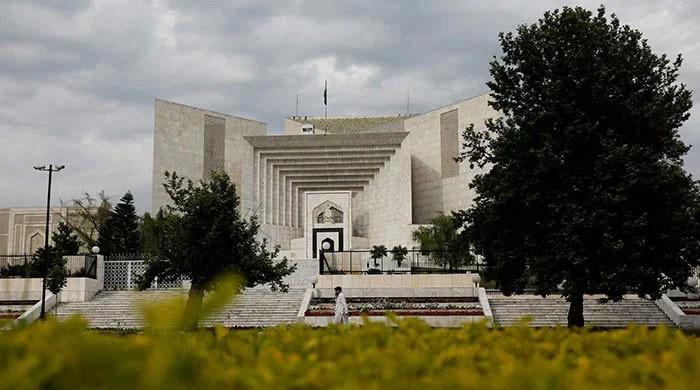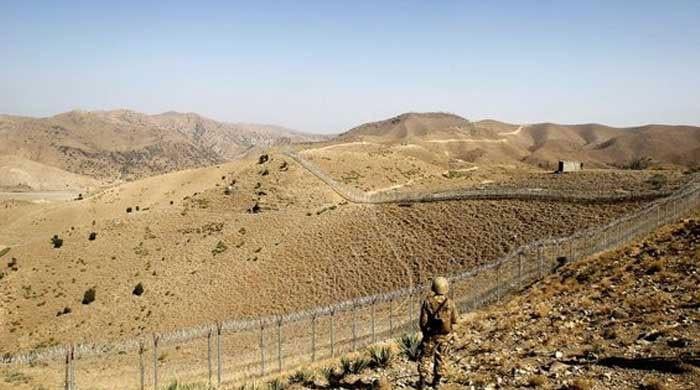Explained: All the changes made to the NAB law
Once passed by the Senate, and signed into law by the president, the Bill will apply to all cases, being probed by NAB since 1999
May 27, 2022

The joint session of Parliament on Thursday passed the long-expected National Accountability (Second Amendment) Bill 2021, which makes significant changes in the anti-graft and accountability law of the country.
Key points from the Bill:
- Once passed by the Senate, and signed into law by the president, the Bill will apply to all cases, being probed by the National Accountability Bureau (NAB), since 1999.
- Out of NAB’s jurisdiction are now:
- Matters of taxation at the federal and provincial level
- Decisions of the federal or provincial cabinets, their committee, sub-committees, national economic council, national finance commission, the state bank of Pakistan and any other such bodies except if a public holder has received monetary gain as a result of such decisions
- Procedural lapses of any public of governmental work unless it can be proven that a public office holder received financial gain
- Decisions taken or advice given by an official while on duty, unless proven that financial gains have been made
- The definition of “asset” has been altered. The 1999 Ordinance classified “asset” as those held by the accused, including by his/her spouse, relatives, or associates. In the amended bill, “spouse, relatives, associates” has been removed.
- A judge of an accountability court will be appointed for a three-year-term and cannot be removed or transferred without consulting the chief justice of the high court.
- Consultation for the chairperson of NAB will begin two months prior to the retirement of the previous chairperson, and will now have to be concluded within 45 days.
- If the leader of the House and Opposition do not agree on a name for a chairperson, then the matter will go to a parliamentary committee. That too is now time-bound and the committee has 30 days to recommend a name.
- The chairperson NAB’s term has been reduced from four years to three years and will not be eligible for reappointment or an extension.
- If the office of the chairperson is vacant, the deputy chairperson will take over as acting chairperson.
- In the previous Ordinance, the deputy chairperson was appointed by the president, but under the new bill the word “president” has been replaced with “federal government”.
- A prosecutor-general will serve for a non-extendable term of three years and will be appointed by the federal government, not the president.
- The valuation of immovable property shall be reckoned on the date of purchase.
- Misuse of authority has to be proven through material evidence and that official gained monetary benefits.
- A closed inquiry cannot be reopened without permission from courts.
- A case once in courts has to be disposed of in one year now, instead of 30 days, as stated in the 1999 Ordinance.
- A copy of the inquiry report must be provided to the accused.
- All inquiries by NAB have to now be completed within six months.
- The 1999 Ordinance had barred an accused from transferring property if he/she is under probe by NAB. That has now been deleted.
- As per the 1999 Ordinance, the NAB chairperson had the power to arrest an accused at any stage of inquiry. This has been altered and an arrest can only be ordered if a person refuses to join the investigation, attempts to abscond or could tamper with evidence.
- NAB’s 90 day remand has been reduced to 14 days.
- A convicted person now has 30 days, instead of the previous 10 days, to appeal against a judgement in a higher court.
- No official of NAB shall make any statement in public or to the media regarding any inquiry or investigation conducted by NAB, until a reference has been filed. Those who violate this section can face imprisonment for one year or fine.
- People who initiate false or fabricated cases will now be punished with imprisonment of either five years or a fine.











